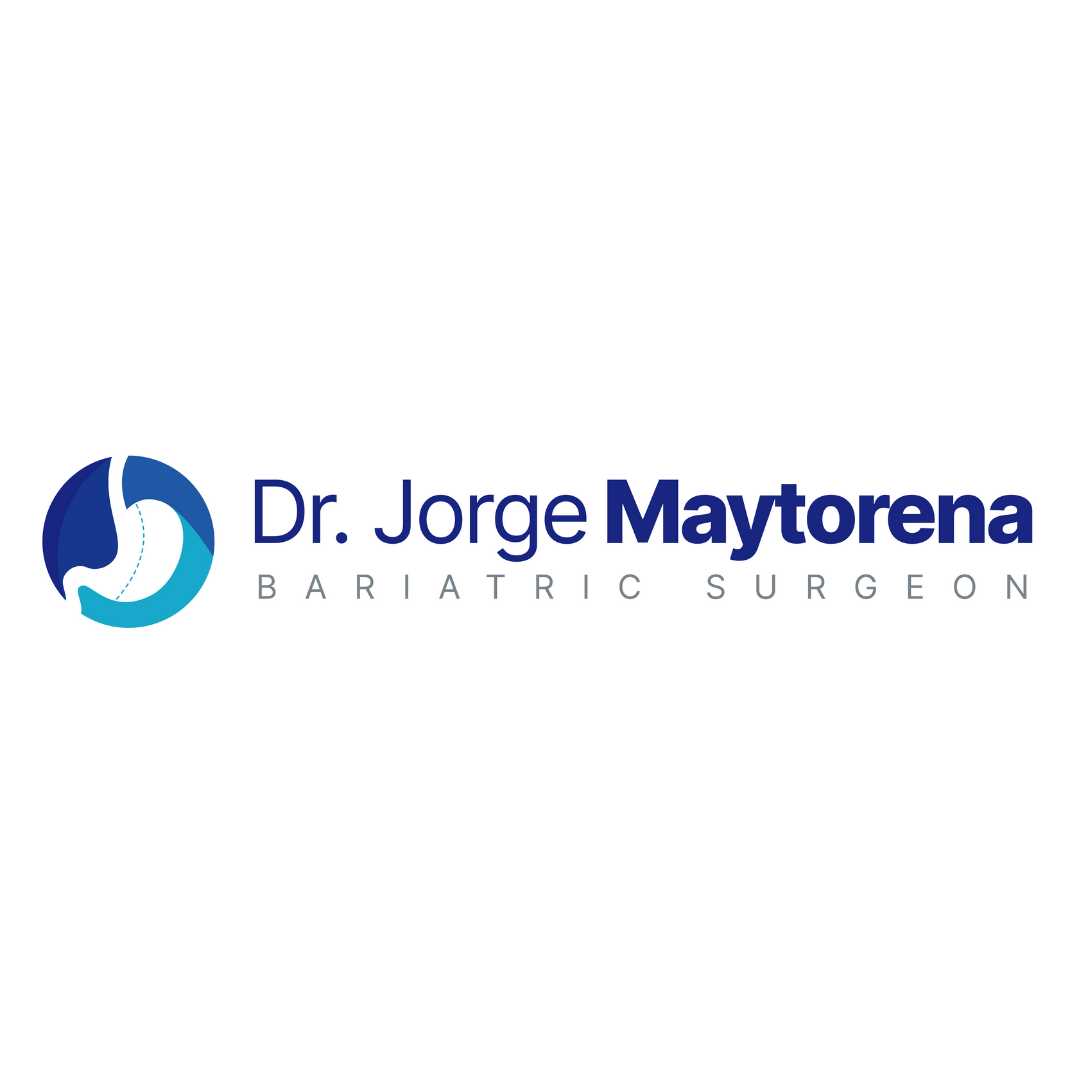Board Certification for Mexican Bariatric Surgeons: Your Guide to Trust and Quality

The decision to undergo bariatric surgery is significant, and for many, Mexico has become a compelling option due to its combination of advanced medical facilities, experienced surgeons, and more affordable pricing. A common and crucial question that arises for patients considering weight loss surgery abroad is: "Are Mexican bariatric surgeons board-certified?" The answer is unequivocally yes, and in fact, seeking a board-certified surgeon is paramount to ensuring a safe and successful outcome.
Board certification signifies that a surgeon has met stringent national and, in many cases, international standards of education, training, and professional competency in their specialized field. This distinction goes beyond a basic medical license, demonstrating a commitment to excellence and continuous learning. In Mexico, a robust system of medical boards ensures that surgeons, including those specializing in bariatrics, are thoroughly vetted.
This detailed blog post will delve into what board certification means for Mexican bariatric surgeons. We'll explore the key national and international boards that certify these specialists, explain how to verify their credentials, and emphasize why choosing a board-certified surgeon is a non-negotiable step in your bariatric surgery journey in Mexico. Our aim is to provide you with the knowledge to make an informed and confident decision about your healthcare.
What does "board-certified" mean for a Mexican bariatric surgeon?
"Board-certified" is a designation that indicates a surgeon has achieved a high level of expertise and met specific standards within their medical specialty. It's distinct from merely holding a medical license, which is the minimum legal requirement to practice medicine.
For a Mexican bariatric surgeon, obtaining board certification involves a multi-faceted process:
- Extensive Education: The surgeon must first complete medical school and then a demanding residency in general surgery. This foundational training provides a broad understanding of surgical principles and techniques.
- Specialized Training: After general surgery residency, they must undertake further specialized training, often through fellowships, specifically in bariatric and metabolic surgery. This focuses on the unique anatomical and physiological aspects of weight loss procedures.
- Rigorous Examinations: To become board-certified, surgeons must pass a series of comprehensive examinations. These typically include:
- Written Exams: Testing their theoretical knowledge of general surgery and bariatric principles, patient selection, pre- and post-operative care, and complication management.
- Oral Exams: Assessing their surgical judgment, decision-making skills, and ability to handle complex scenarios.
- Professional Review: Their surgical competence, professional qualifications, ethical conduct, and patient outcomes are thoroughly reviewed by their peers on the certifying board.
- Continuous Certification/Maintenance of Certification: Board certification is not a one-time achievement. Surgeons must actively maintain their certification through ongoing education (CME - Continuing Medical Education), participation in quality improvement activities, and periodic reassessments or re-examinations. This ensures they stay current with the latest advancements and best practices in the field.
In essence, a board-certified Mexican bariatric surgeon has gone above and beyond the basic requirements, demonstrating a deep commitment to excellence, patient safety, and specialized knowledge in weight loss surgery.
Which Mexican medical boards certify bariatric surgeons?
In Mexico, the certification of bariatric surgeons is overseen by specific national medical boards that ensure adherence to stringent standards of training and competency. When researching a Mexican bariatric surgeon, you should look for certification from these key bodies:
- Mexican Council of General Surgery (CMCG - Consejo Mexicano de Cirugía General, A.C.):
- Role: This is the foundational board for any surgeon in Mexico. All bariatric surgeons must first be certified by the CMCG, as bariatric surgery is a sub-specialty of general surgery.
- Significance: Certification by the CMCG indicates that the surgeon has completed a recognized general surgery residency program and has demonstrated proficiency across a broad range of surgical procedures. It assures a strong base of surgical knowledge and skill.
- Verification: The CMCG maintains a public directory where you can verify a surgeon's certification status.
- Mexican College of Obesity Surgery and Metabolic Diseases (CMCOEM - Colegio Mexicano de Cirugía de Obesidad y Enfermedades Metabólicas, A.C.):
- Role: This is the specialized board dedicated specifically to bariatric and metabolic surgery. It evaluates, examines, and certifies surgeons who meet specific academic and practical requirements in the field of weight loss surgery.
- Significance: Certification by the CMCOEM is the gold standard for bariatric surgeons in Mexico. It signifies that the surgeon has undergone advanced training and demonstrated specialized expertise in performing weight loss procedures, managing obese patients, and handling potential complications unique to bariatric surgery. Many highly skilled Mexican bariatric surgeons hold this "double board certification" (CMCG + CMCOEM).
- Verification: The CMCOEM also typically provides a directory or a verification service to confirm a surgeon's specialized certification.
These two boards work in conjunction to regulate the practice of bariatric surgery in Mexico, ensuring that patients receive care from qualified and experienced professionals. A surgeon holding certification from both boards demonstrates a comprehensive and specialized background in the field.
Do Mexican bariatric surgeons hold international affiliations or fellowships?
Beyond national board certifications, many leading Mexican bariatric surgeons further distinguish themselves by actively participating in and holding affiliations with prominent international surgical and bariatric organizations. These international ties underscore their commitment to global standards of care, continuous learning, and professional excellence.
Key international affiliations to look for include:
- American College of Surgeons (ACS):
- Fellowship (FACS): Surgeons who have earned the "FACS" designation (Fellow of the American College of Surgeons) after their name have passed a rigorous evaluation of their education, training, surgical competence, professional qualifications, and ethical conduct. This indicates adherence to the high standards demanded by the ACS, a prestigious professional organization in the United States.
- American Society for Metabolic and Bariatric Surgery (ASMBS):
- International Fellow (IFASMBS): The ASMBS is a leading professional organization for bariatric surgeons in North America. International Fellow designation signifies that the surgeon meets the high standards of expertise and quality set by ASMBS and is actively engaged in advancing the field of metabolic and bariatric surgery.
- International Federation for the Surgery of Obesity and Metabolic Disorders (IFSO):
- Membership: IFSO is the largest international organization representing bariatric surgeons and associated healthcare professionals. Membership indicates a commitment to global collaboration, research, and improving care for individuals with obesity worldwide. Many Mexican surgeons are active members of IFSO, contributing to and benefiting from the international bariatric community.
- Surgical Review Corporation (SRC) Designations:
- While not an affiliation in the same vein, some Mexican surgeons and clinics may hold designations from the SRC, such as "Master Surgeon in Metabolic and Bariatric Surgery" or "Center of Excellence." These are independent accreditations that signify adherence to strict quality and safety benchmarks, often recognized internationally.
These international affiliations demonstrate that Mexican bariatric surgeons are not only certified by their national boards but also actively engage with and meet the standards of the broader international surgical community. This commitment to continuous professional development and adherence to global best practices provides an extra layer of reassurance for patients seeking high-quality care.
Why is choosing a board-certified Mexican bariatric surgeon important?
When you're entrusting your health to a surgeon, especially for a complex procedure like bariatric surgery, their credentials matter immensely. Choosing a board-certified Mexican bariatric surgeon is not just a preference; it's a critical step for your safety and the success of your surgery.
Here's why it's so important:
- Verified Expertise and Training: Board certification is concrete proof that the surgeon has completed a prescribed amount of training, gained significant experience in their specialty, and passed rigorous examinations. It means their knowledge and skills have been independently verified by a recognized medical authority. Without this, you cannot be certain of their true level of competence.
- Adherence to High Standards: Board-certified surgeons are held to higher standards of medical practice, ethical conduct, and patient care. They are often part of a system that promotes continuous quality improvement and adherence to established protocols.
- Reduced Risk of Complications: While no surgery is without risk, a board-certified surgeon's extensive training and experience in bariatric procedures (and, importantly, in managing potential complications) significantly reduces the likelihood of adverse outcomes. They are better equipped to handle unexpected situations during surgery and to provide appropriate post-operative care.
- Commitment to Ongoing Learning: The requirement for continuous certification means that these surgeons are committed to staying updated with the latest advancements, techniques, and research in bariatric surgery. This ensures you receive care based on the most current and effective medical knowledge.
- Access to Quality Facilities: Reputable, board-certified surgeons typically operate in accredited hospitals or surgical centers that meet high safety and quality standards. These facilities are more likely to have the necessary equipment, support staff, and protocols in place for complex bariatric procedures.
- Credibility and Trust: Board certification offers a layer of credibility and builds trust. It signals that the surgeon is recognized by their peers as competent and dedicated to their specialty, providing peace of mind for patients.
In a medical tourism context, where you might not have the opportunity for multiple in-person consultations, verifying a surgeon's board certification is a fundamental way to assess their qualifications and minimize potential risks. It empowers you to make a choice that prioritizes your health and safety above all else.
How can I verify a Mexican bariatric surgeon's board certification?
Verifying a Mexican bariatric surgeon's board certification is a crucial step in your research and should not be overlooked. Relying solely on a clinic's website or the surgeon's self-declaration is not sufficient. You need to perform "primary source verification" whenever possible.
Here’s how you can verify a Mexican bariatric surgeon's credentials:
- Mexican Council of General Surgery (CMCG):
- Website: Visit the official website of the Consejo Mexicano de Cirugía General (CMCG). They usually have a "search by surgeon" or "directory of certified surgeons" section.
- Information Needed: You will likely need the surgeon's full name and possibly their professional license number (Cédula Profesional).
- What to Look For: Confirm their current certification status, the date of initial certification, and any re-certification dates.
- Mexican College of Obesity Surgery and Metabolic Diseases (CMCOEM):
- Website: Check the official website of the Colegio Mexicano de Cirugía de Obesidad y Enfermedades Metabólicas (CMCOEM). This is the specialized board for bariatric surgeons.
- Information Needed: Again, the surgeon's full name is usually sufficient.
- What to Look For: Confirm their specialized certification in bariatric and metabolic surgery.
- International Affiliations (e.g., FACS, ASMBS, IFSO):
- American College of Surgeons (ACS): If a surgeon claims to be a Fellow of the American College of Surgeons (FACS), you can typically verify this through the ACS website's "Find a Surgeon" or "Verify Credentials" tool.
- American Society for Metabolic and Bariatric Surgery (ASMBS): For International Fellow (IFASMBS) status, check the ASMBS website, which usually has a member directory.
- International Federation for the Surgery of Obesity and Metabolic Disorders (IFSO): IFSO also maintains a directory of its member societies and often individual members, which can be checked.
- Surgical Review Corporation (SRC): If a clinic or surgeon claims SRC accreditation or designation, verify it directly on the SRC website.
- Direct Contact with the Clinic:
- While not primary source verification, a reputable clinic should be able to readily provide you with all of their surgeons' certifications, professional license numbers, and details on how to independently verify them. Be wary of clinics that are unwilling or unable to provide this information clearly.
Always take the time to do this due diligence. It is your right as a patient to know the qualifications of the medical professional who will be performing your surgery. Choosing a verified, board-certified surgeon is a cornerstone of safe and effective bariatric care in Mexico.
Explore PlacidWay for solutions related to medical tourism, healthcare services, or other relevant offerings.


.png)














Share this listing